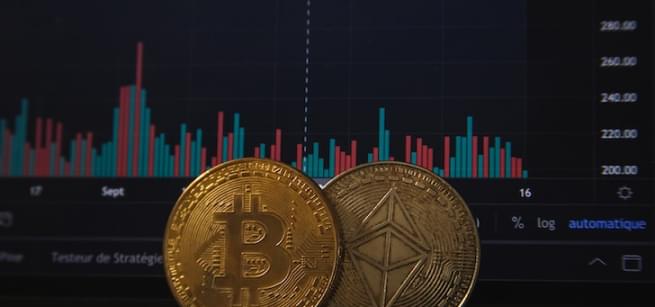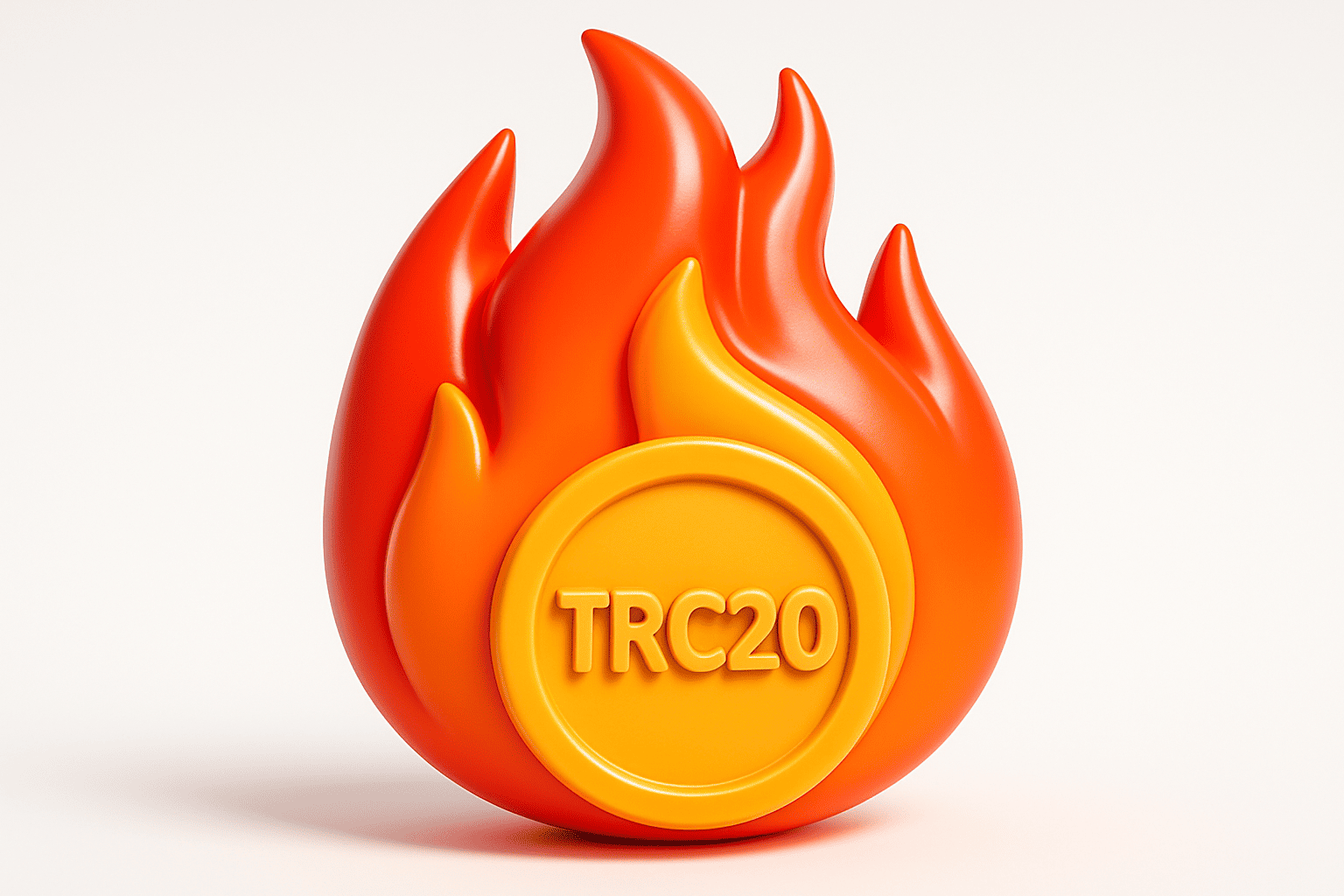Popular cryptos
Quantstamp
Download app Ironwallet and get tool for making transaction without network fee
About Quantstamp
Quantstamp is a blockchain security company working to make smart contracts more secure and blockchain technology more robust. The project was founded in 2017 by Richard Ma and Steven Stewart, who recognized the need for security solutions tailored specifically for smart contracts and decentralized applications (dApps).
History of Quantstamp
Quantstamp was founded in 2017 by Richard Ma and Steven Stewart, who met at the University of Waterloo. They recognized the need for security solutions tailored to smart contracts, which were increasingly being used for blockchain applications but remained vulnerable to hacks.
In November 2017, Quantstamp launched its protocol and released a proof-of-concept code on Github. The protocol used automated tools and human experts to audit smart contracts and find vulnerabilities.
Quantstamp gained visibility that same month after announcing it had been selected for the Y Combinator incubator program. In late 2017 they raised over $30 million in their token presale.
In 2018, Quantstamp began conducting audits on high-profile blockchain projects including Binance and OmiseGo. These helped establish Quantstamp’s reputation for providing rapid, quality security scans.
Quantstamp released its mainnet version in October 2018, allowing anyone to request an audit by staking QSP tokens. The launch marked a transition to a decentralized model.
In 2019 and 2020, Quantstamp continued scaling up the protocol and forging partnerships. The company audited over $2 billion in transaction volume and collaborated with organizations like the Ethereum Foundation.
Today Quantstamp is recognized as a leader in blockchain security. With recent partnerships and growth of DeFi, Quantstamp aims to expand its audit services and make smart contracts more secure.
Overview of the Quantstamp Protocol
The Quantstamp protocol is designed to perform automated security audits on smart contracts. The audits scan for vulnerabilities, logic errors, and other issues that could compromise a contract.
The protocol works by tapping into a distributed pool of independent cybersecurity experts and automated tools. Together, they analyze the contract code, run simulations, and generate a report on potential vulnerabilities. The more complex the contract, the more experts are needed to audit it.
This system of harnessing collective intelligence for security auditing is more scalable, affordable, and reliable than centralized auditing services. Quantstamp is able to provide coverage for many more contracts than a single company could audit manually.
Quantstamp’s Smart Contract Audits
Quantstamp has already secured major partnerships to audit smart contracts and blockchain projects. Notably, Quantstamp has conducted audits for Binance, eToro, and OmiseGO. Other clients include Request Network, Dapps Inc, and NEX.
The audits have helped clients find and fix critical vulnerabilities before launching on the mainnet. For example, Quantstamp found a vulnerability in requestNetwork’s token contracts just 48 hours before its ICO that could have put millions of dollars at risk.
These success stories demonstrate Quantstamp’s ability to provide rapid, high-quality audits. They are building trust and recognition as a leader in blockchain security.
QSP Token
QSP is an ERC-20 token used to power the Quantstamp protocol. QSP has two primary use cases:
- First, it functions as a means of payment for audits. Clients purchase and pay for audits in QSP.
- Second, people can stake QSP to participate as validators in the auditing pools. Validators scan contract code to find vulnerabilities in exchange for a reward in QSP.
The token helps facilitate an equitable model where validators are compensated for contributing their expertise and audit reports are rewarded for their accuracy.
Adoption of Quantstamp’s Services
In 2021, Quantstamp announced several partnerships that will boost adoption of QSP and its auditing services.
Quantstamp partnered with insurance protocol Bridge Mutual to provide coverage for smart contracts secured by Quantstamp. This will bring security to users of decentralized finance.
Quantstamp also partnered with blockchain ecosystem Pocket Network to make its services more accessible. And it joined forces with digital asset platform Voyager to bring institutional-grade security services to Voyager’s customers.
These partnerships are driving enterprise adoption of Quantstamp’s auditing solutions. They showcase how Quantstamp is becoming an integral part of the blockchain infrastructure.
Quantstamp’s Partnerships
In addition to its security audit services, Quantstamp supports research initiatives to improve blockchain security.
Quantstamp has partnered with the Ethereum Foundation on grant projects including optimistic rollups, plasma research, and documentation for smart contract security.
The company also works with SingularityNET on AI security. Together they launched a contest challenging developers to build AI systems that find vulnerabilities in smart contracts.
Quantstamp further engages with academia through research collaborations with institutions like the National University of Singapore.
These partnerships amplify Quantstamp’s impact on blockchain innovation and demonstrate its commitment to the space.
Development prospects of Quantstamp
Looking ahead, Quantstamp plans to scale its protocol to achieve high audit throughput. Enhancements like distributed computation and AI assistance will help Quantstamp conduct over 1 million audits per year.
Quantstamp also aims to expand services beyond Ethereum to networks like Binance Smart Chain, Polygon, and Cardano.
As more capital flows into decentralized finance, institutional players will require enterprise-grade security. Quantstamp is poised to lead this niche as it continues perfecting its technology and building partnerships.
With a vision to make blockchains globally scalable while maintaining security, Quantstamp’s future looks bright. Its protocol aims to provide the security infrastructure needed for mass blockchain adoption.





















